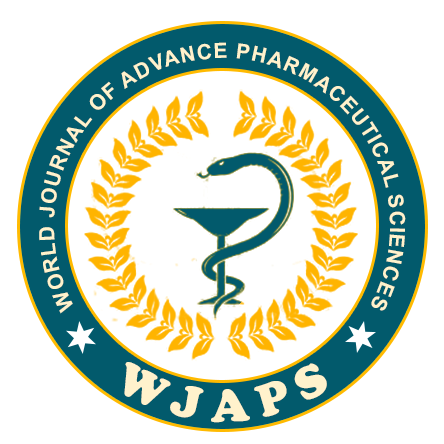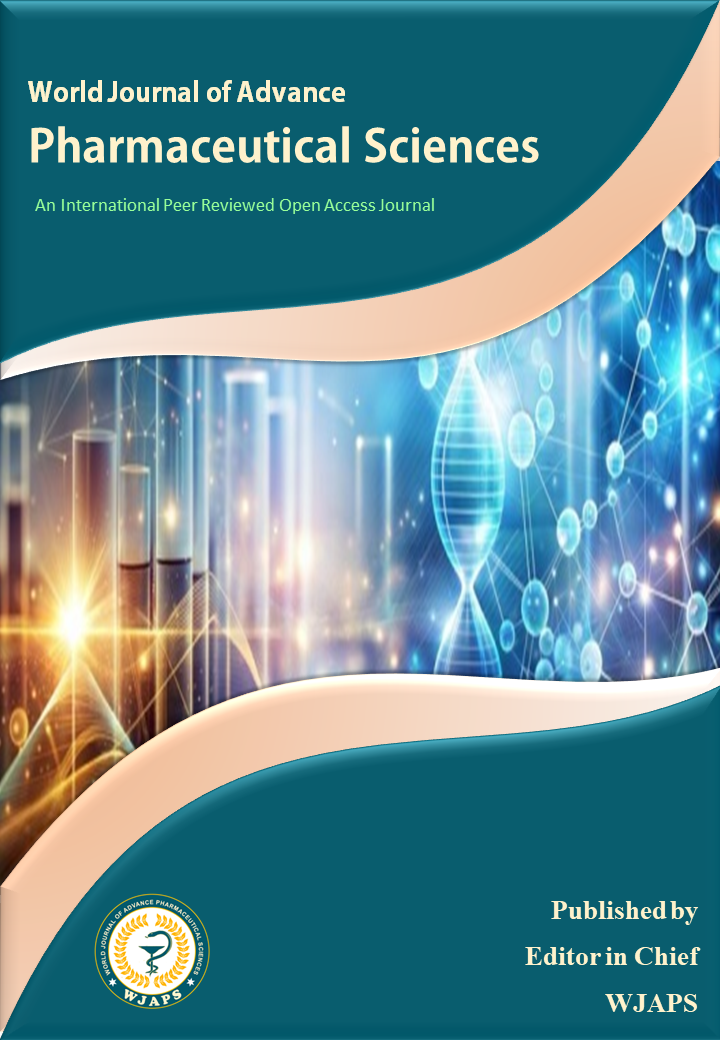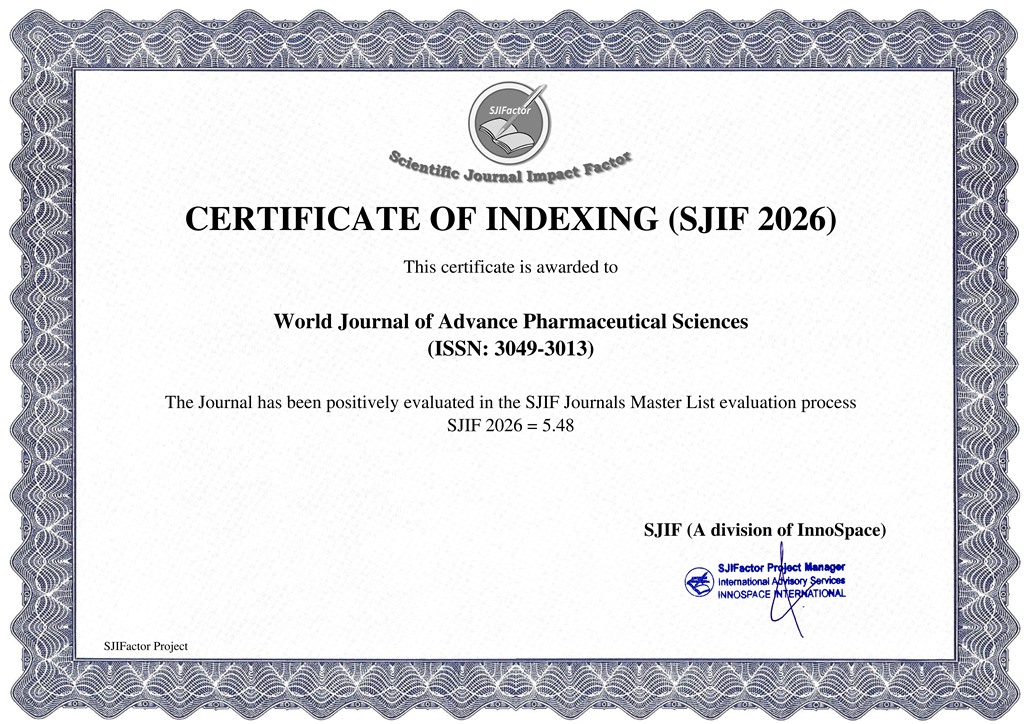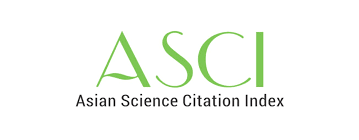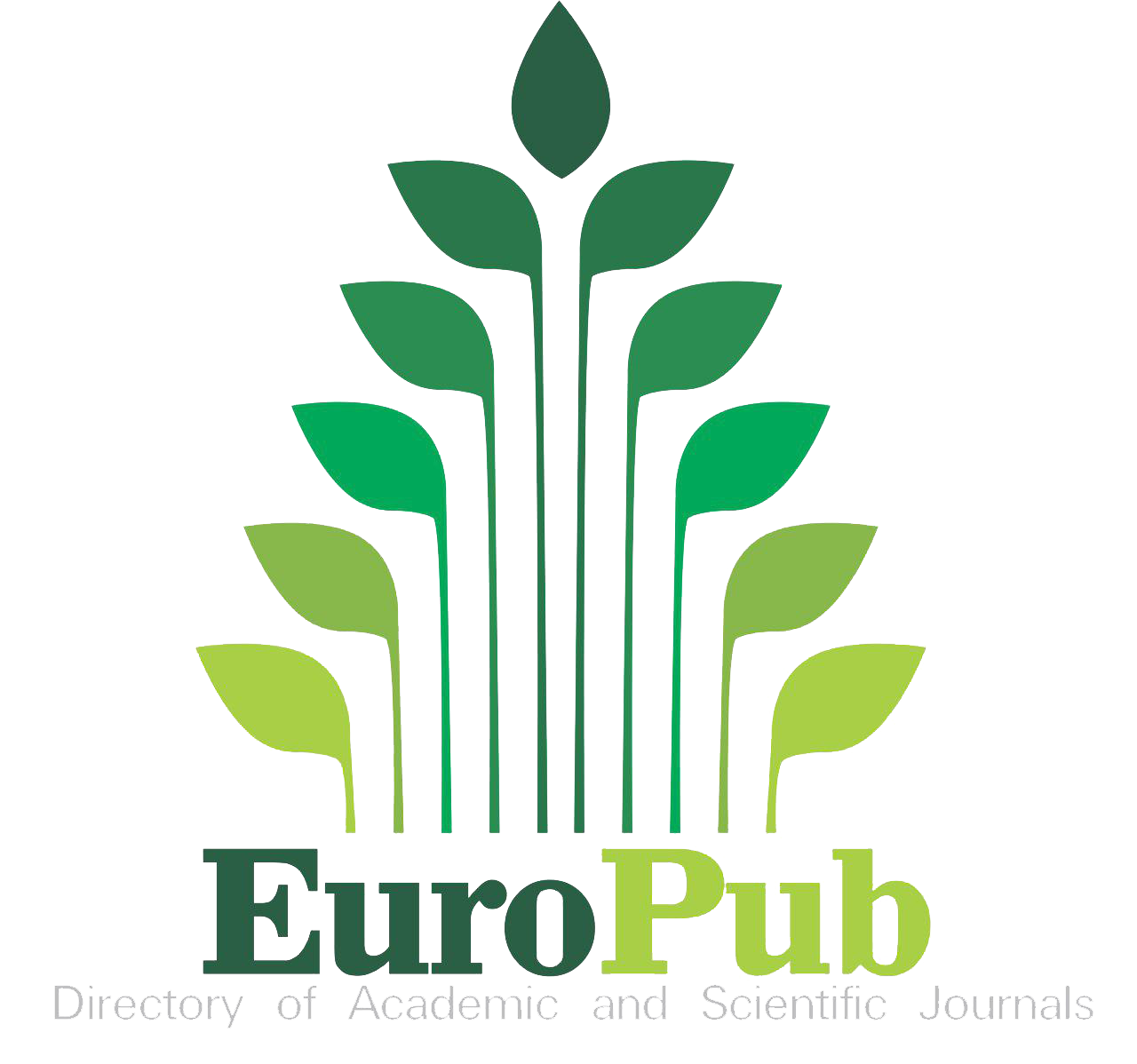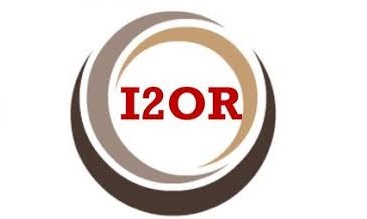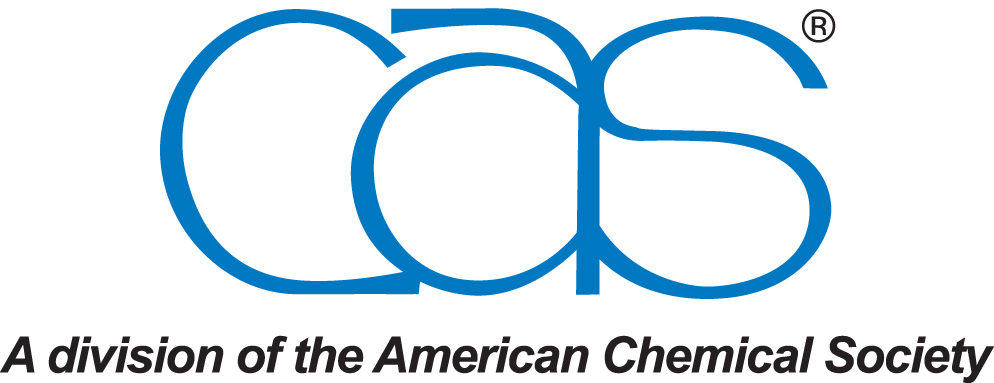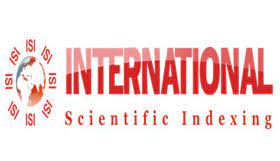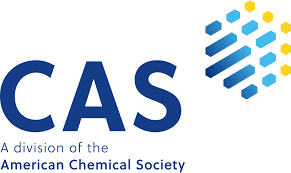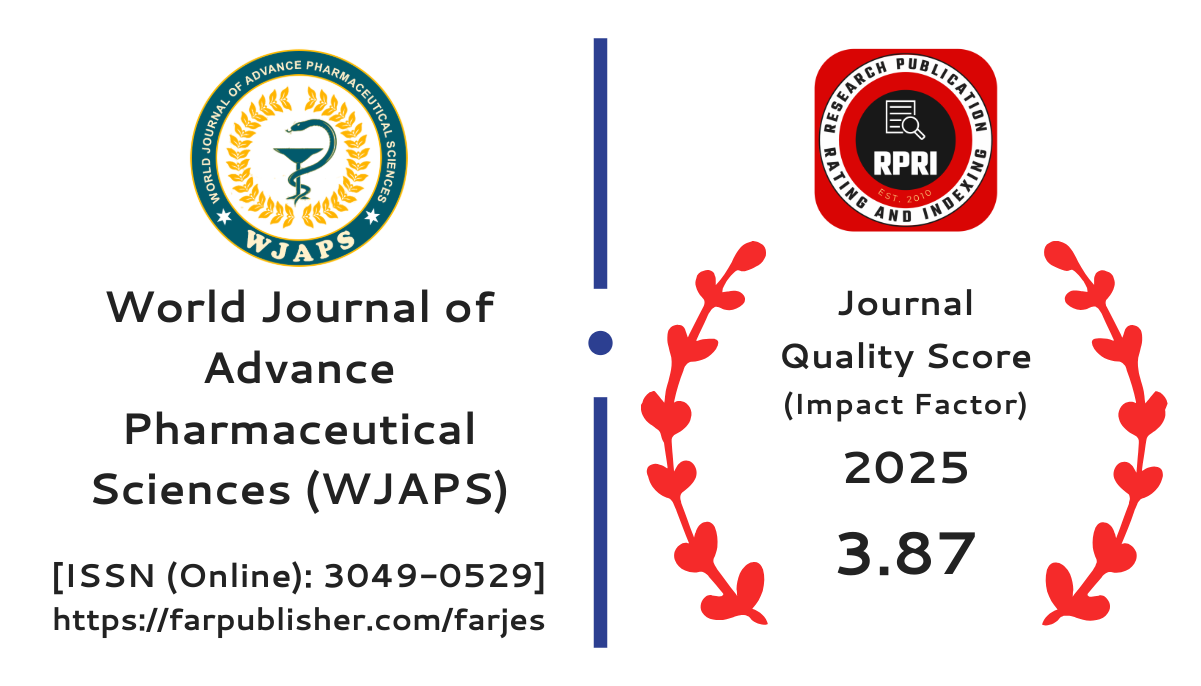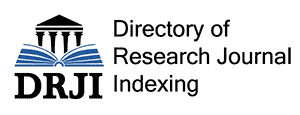INVESTIGATION THE ANTIHYPERTENSIVE ACTIVITY OF MEDICINAL PLANTS
*Swapnil D. Aade, Prof. Zameer M. Shah, Dr. Shivshankar D. Mhaske, Prof. Tejas J. Sharma
Hypertension is a common chronic condition and a major risk factor for cardiovascular diseases. The rising prevalence of high blood pressure and the limitations of current antihypertensive drugs, including side effects and high costs, have led to increased interest in medicinal plants as alternative therapies. This project aimed to investigate the antihypertensive activity of selected medicinal plants traditionally used for managing blood pressure, including Allium sativum (garlic), Hibiscus sabdariffa (roselle), and Moringa oleifera (drumstick). Ethanolic extracts were prepared using maceration and subjected to phytochemical screening. The antihypertensive activity was evaluated using in vitro angiotensin-converting enzyme (ACE) inhibition assay. All three plant extracts exhibited notable ACE inhibitory activity, with Hibiscus sabdariffa showing the most potent effect. Phytochemical analysis revealed the presence of flavonoids, Hypertension is a chronic medical condition that significantly increases the risk of cardiovascular morbidity and mortality worldwide. The limitations and side effects of conventional antihypertensive drugs have driven interest in alternative therapies, particularly those derived from medicinal plants. This study investigates the antihypertensive activity of two medicinal plants, Plant A and Plant B, traditionally used in folk medicine for managing high blood pressure. Ethanolic extracts of both plants were prepared and subjected to preliminary phytochemical screening, revealing the presence of flavonoids, alkaloids, saponins, and phenolic compounds. In vivo antihypertensive activity was evaluated using spontaneously hypertensive rats (SHRs), where both extracts demonstrated significant reductions in systolic and diastolic blood pressure compared to the control group. The findings suggest that Plant A and Plant B contain bioactive compounds that contribute to their blood.
[get full article]